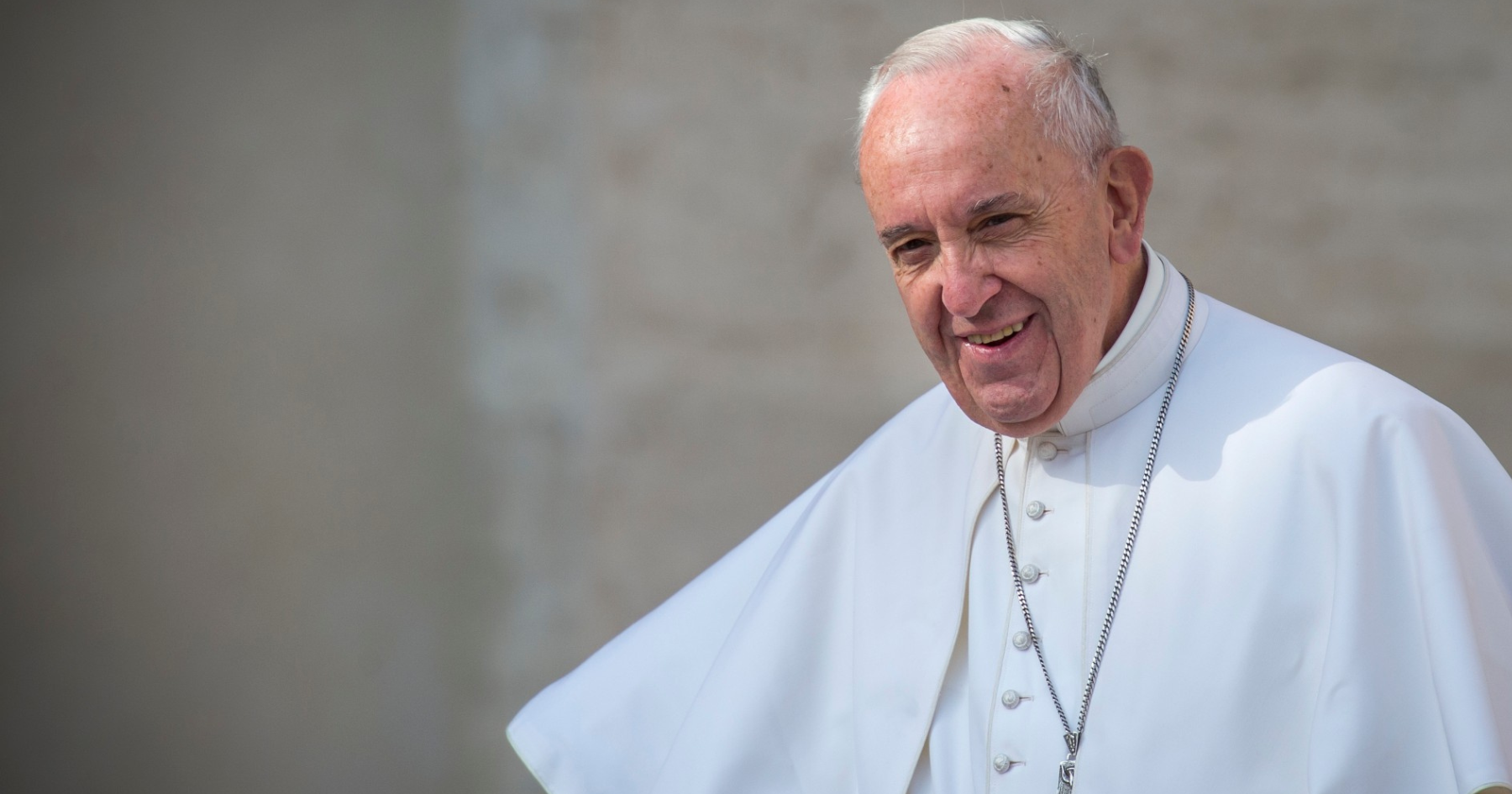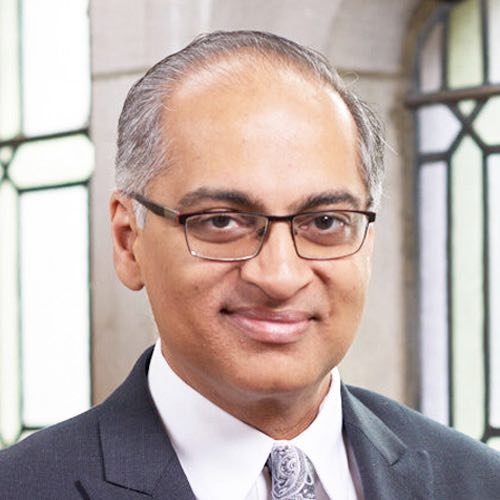The sanitization and the sanctification will start soon. Pope Francis has just passed but innocuous bromides about his contributions will come fast and furious. So much hinges on how Francis is remembered or misremembered.
I am acutely attuned to the domestication of powerful voices because I am currently co-teaching a course on Gandhi and King with the distinguished American philosopher and recent presidential candidate, Cornel West. One of our core class readings is West’s edited collection, The Radical King. West’s collection demonstrates, by including crucial selections from King’s work, early and late, how truly daring and, yes, radical King always was.
Yet, every January on Martin Luther King, Jr. Day, conservative politicians trot out a single quote from King’s I Have a Dream speech to gin up an anemic and colourblind King. It is the one snippet that many of us have memorized: “I have a dream that my four little children will one day live in a nation where they will not be judged by the colour of their skin but by the content of their character.” Armed with that one sentence, King is domesticated into a race blind and colourblind preacher.
Forgotten is King’s commitment to democratic socialism. Forgotten is King’s charge, as he fought to end the Vietnam War, that the US was, “the greatest purveyor of violence in the world today.” Need we guess why we never hear that snippet from his Beyond Vietnam speech given at Riverside Church, a year to the very day of his assassination?
Why narrate these aspects of King’s life and writing? Because it is all too easy to imagine the same domestication process happening to Pope Francis. Consider these words from Pope Francis, which begin a vital book on the pope, aptly entitled, This Economy Kills: Pope Francis on Capitalism and Social Justice:
“Today we also have to say ‘thou shalt not’ to an economy of exclusion and inequality. Such an economy kills. How can it be that it is not a news item when an elderly homeless person dies of exposure, but it is news when the stock market loses two points? … Some people continue to defend trickle-down theories which assume that economic growth, encouraged by a free market, will inevitably succeed in bringing about greater justice and inclusiveness in the world. This opinion, which has never been confirmed by the facts, expresses a crude and naïve trust in the goodness of those wielding economic power and in the sacralized workings of the prevailing economic system. Meanwhile, the excluded are still waiting.”
Pope Francis explicitly calls our uncritical devotion to capitalism what it is, namely idolatry.
The question for us in this crucial moment concerns the work of memory: which Francis will we remember or worse reconstruct? Will it be the anti-capitalist Pope Francis? Or will we erase him as quickly as we dismissed King, the Black Christian socialist?
What about the first eco-pope in the history of the church whose care for creation was foreshadowed in the very name he chose? Consider his words in his world-transforming encyclical “Laudato ‘si” about “Sister Mother Earth,” St. Francis of Assisi’s way of addressing the planet:
“This sister now cries out to us because of the harm we have inflicted on her by our irresponsible use and abuse of the goods with which God has endowed her. We have come to see ourselves as her lords and masters, entitled to plunder her at will. The violence present in our hearts, wounded by sin, is also reflected in the symptoms of sickness evident in the soil, in the water, in the air and in all forms of life. This is why the earth herself, burdened and laid waste, is among the most abandoned and maltreated of our poor; she ‘groans in travail’ (Rom 8:22). We have forgotten that we ourselves are dust of the earth (cf. Gen 2:7); our very bodies are made up of her elements, we breathe her air and we receive life and refreshment from her waters.”
Will we remember the pope who resolutely insisted on condemning the violence perpetrated by Israel on Gaza, the pope who called Gaza’s Church of the Holy Family daily even in the throes of illness? Or what about the pope who condemned northern Europe and the United States’s xenophobic treatment of migrants from the Global South?
We need not romanticize or idealize Pope Francis. His shortcomings on the questions of gender, for example, are well-known. But now, in the immediate wake of his passing, now as the eulogies come pouring in, now is the time to be on high alert to the temptation to generate a diminished and well-meaning saint. We must remember instead the pope whose message of mercy and inclusion was never separated from his critique of prevailing economic and political structures. We need to remember the genuine article not an effete caricature of our own creation.
Let us give the pope himself the last word:
“When at the core of the [capitalist] system humanity is replaced by money, and when money becomes an idol, men and women are reduced to mere instruments of a social and economic system characterized — better yet dominated — by profound imbalances. Thus, we discard whatever does not serve this logic ….”
May we who seek to be a justice seeking church never forget this Pope Francis! The future of the very planet depends on this holy remembering.




